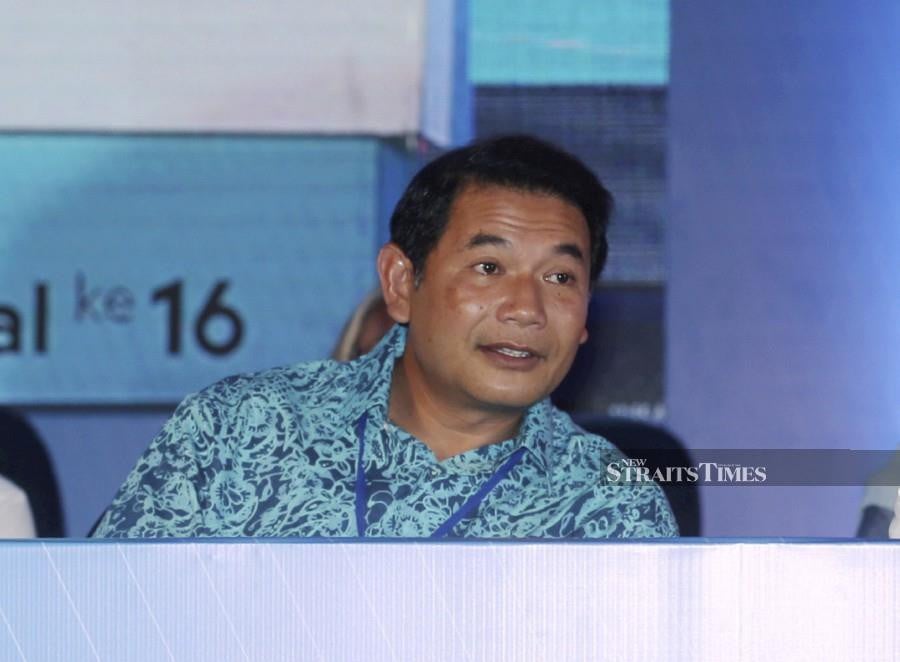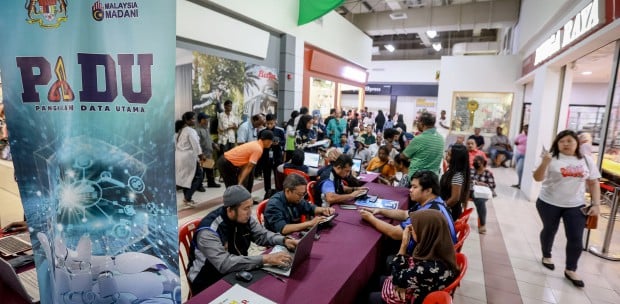PUTRAJAYA: Malaysia is making good progress on two major fronts in a bid to cut monopolies and distribute subsidies more efficiently.
First, a policy paper reviewing the use of approved permits (APs) and import permits (IPs) to reduce monopolies is ready and will be presented to the National Economic Action Council (NEAC) by November.
The government's Central Database Hub (PADU), meanwhile, is now 60 per cent ready for access by the public to verify personal information in January 2024
This will pave the way for a fairer distribution of targeted subsidies and minimise the occurrence of marginalised risk groups.
Economy Minister Rafizi Ramli said the ministry is currently making arrangment for the policy submission to the NEAC.
"The paper is ready. Originally it was timed for (submission in) October but we have to prioritise since the list of things to be brought to NEAC is long. As for now, the earliest will be in October but it can not be more than November," Rafizi told a press conference here today.
The review of reducing or limiting APs and IPs is expected to bring down prices of goods, consequently increasing the rakyat's purchasing power and easing inflation.
AP is an import and export licence issued by the permit issuing agencies (PIAs) under the Customs Act 1967.
APs for certain sectors such as food, automotive and textile have reportedly long been decried as a way for the rich and powerful to line their pockets.
Investment, Trade and Industry Minister Tengku Datuk Seri Tengku Zafrul Abdul Aziz recently said the government had no intention of phasing out the AP system for car imports.
Previously, Rafizi said the policy review will involve all sectors of the economy relating to APs and IPs, including the food industry.
"We cannot just pinpoint one sector as it involves the whole value chain. For example, if there is a limited number of importers for particular goods, we need to ensure that there is a player who is ready to take over and there is no disruption in the supply chain.
"This is why the ministry took about five months to develop the paper. We hope that this can reduce the monopolistic practices to ensure the market is more competitive," he said.
On PADU, Rafizi said the system, which integrates socio-economic information for every household in Malaysia, is progressing according to plan.
The system, when completed, will be the most comprehensive database that the government has ever had.
"When the system is operational, in terms of fairness and access, most of it will be resolved. PADU will also identify at-risk groups from being left behind.
"We will focus on these specific groups (the marginalised groups), whether we will confirm, develop different policies for them, different policies, whether we want to change the targeted subsidy mechanism to ensure they are not left behind," he added.






